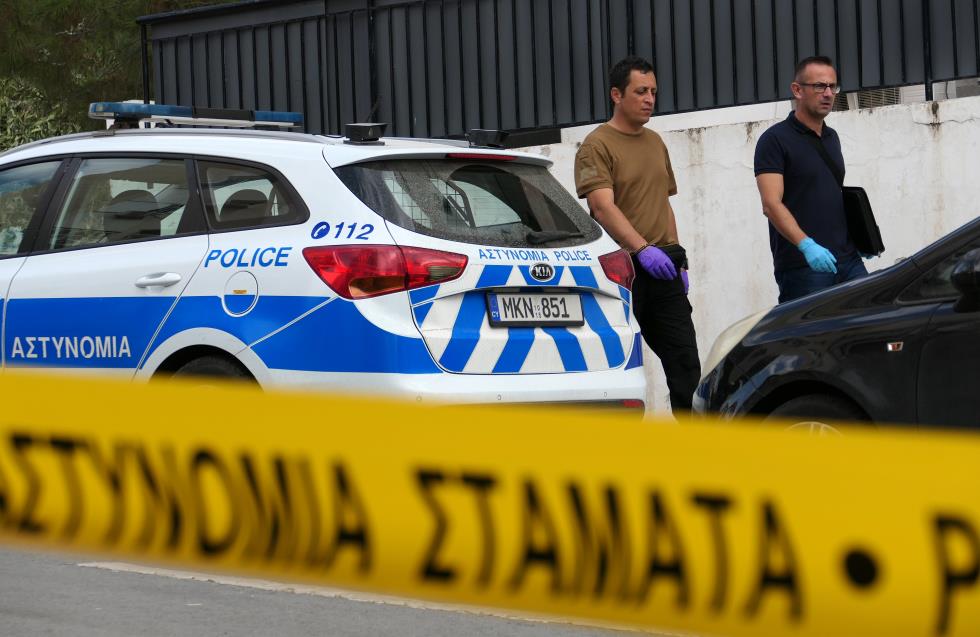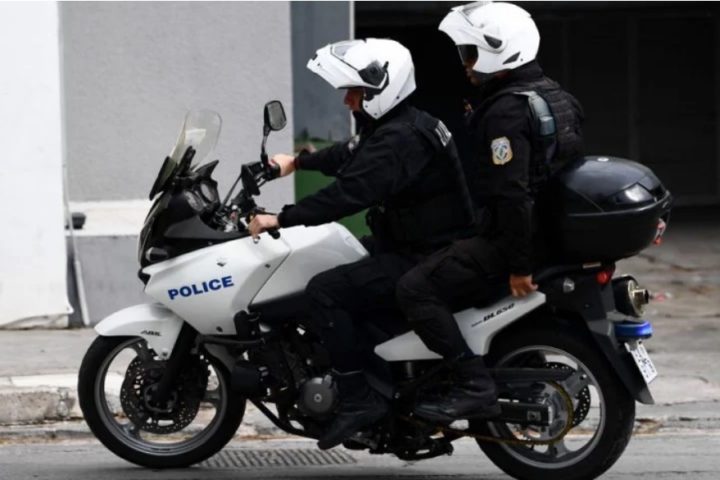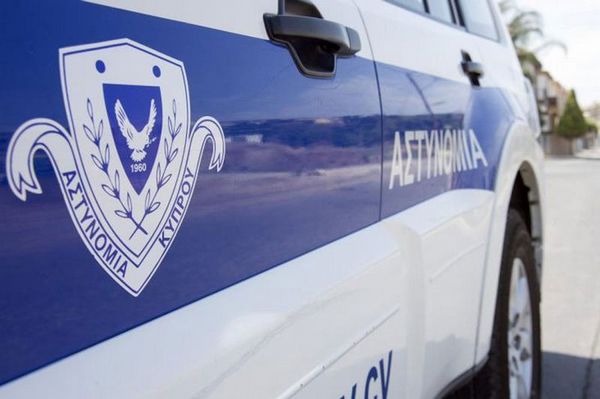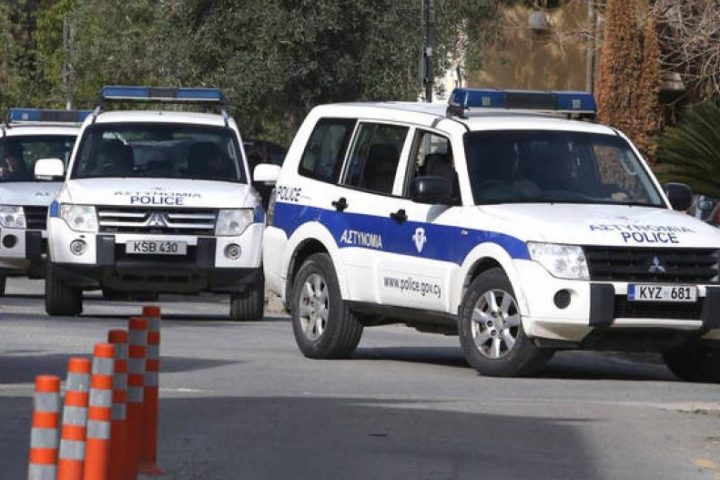With about 5,000 officers, one would expect Cyprus police to be better equipped, with the right personnel, to anticipate, if not to deter, the double underworld killings, one of which could have been worse as it occurred in daylight among the public.
What’s worrying is that this does not seem to be the end of a cycle of gangland hits dating back a decade.
But perhaps the beginning of a new one, as criminals employ new tactics, venture into new and lucrative enterprises, and diversify their illicit earnings by laundering and investing in legitimate businesses.
The police must become smarter, faster, and more efficient, be flexible to adapt to the times and prepare for major upheavals, such as regional conflicts and fallout from geopolitical crises.
But as it stands, with political involvement and legal shackles that prevent the few good officers from properly doing their job, the police are not a force to reckon with.
Although the number of police includes auxiliary services, such as migration and customs, rural police, game wardens and special constables, they are all part of the island’s law enforcement structure.
At the same time, some 700 fire and rescue personnel are now part of independent services.
And yet, there is a general feeling among the public that police are nowhere to be seen, only keen on catching traffic violations and issuing fines and have lost respect.
Though the use of excessive force should be justified, it seems to be served with double standards, not clamping down on organised crime while allowing football hooligans to roam freely and tolerate racist incitements, sometimes with a sympathetic officer turning a blind eye.
The police reform we heard so much about never really happened. Then again, perhaps it doesn’t need to.
In a Eurostat survey last year, Cyprus was ranked among Europe’s most heavily policed countries, with 544 officers per 100,000 population, compared to the EU average of about 334, just behind Turkey and ahead of Greece, two countries that cannot pride themselves of the most exemplary police forces.
Although one reason could be that the definition of the role a police officer carries out could change between countries, Cyprus seems to have more than necessary.
By the admission of the head of the independent trade union of public servants, some 30% of duties carried by those in a blue uniform are menial and unproductive.
These include collecting outstanding fines and issuing warrants for civil cases, changing duties within a week, if not within a day, and so much more.
These should be replaced with contracted specialists, allowing the police to do the job it is tasked to do – looking after the nation’s security and public safety.
Experts who were never hired, nor even bothered to apply, because of the archaic approach of having to complete a two-year academy course to join the police.
Yet, the stringent requirements of weight, height, and physical ability seem to have been thrown out the window, judging from the looks of many officers today.
The police need to work on intelligence gathering, hire professionals and allow those academically qualified to get the job done, from forensic accountants and tech geeks to specialists in new crimes, such as crypto, hacking, fraud, stolen art and historical artefacts.
Politicians and prosecutors must also employ as many legal tools as possible, many unutilised or simply police are unaware of.
Before reforming the police, a far-outdated plan, perhaps fixing shortfalls, would be a better solution.










